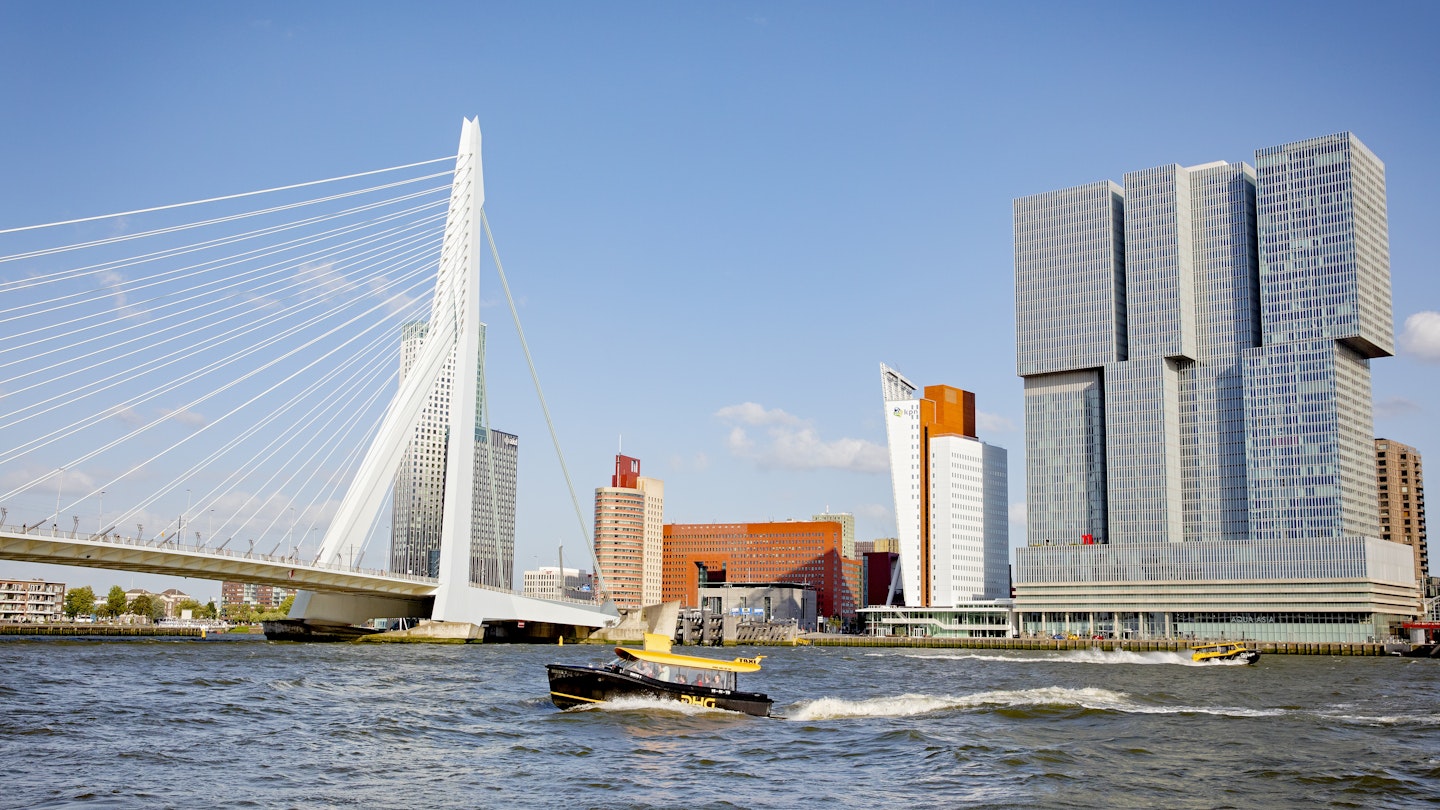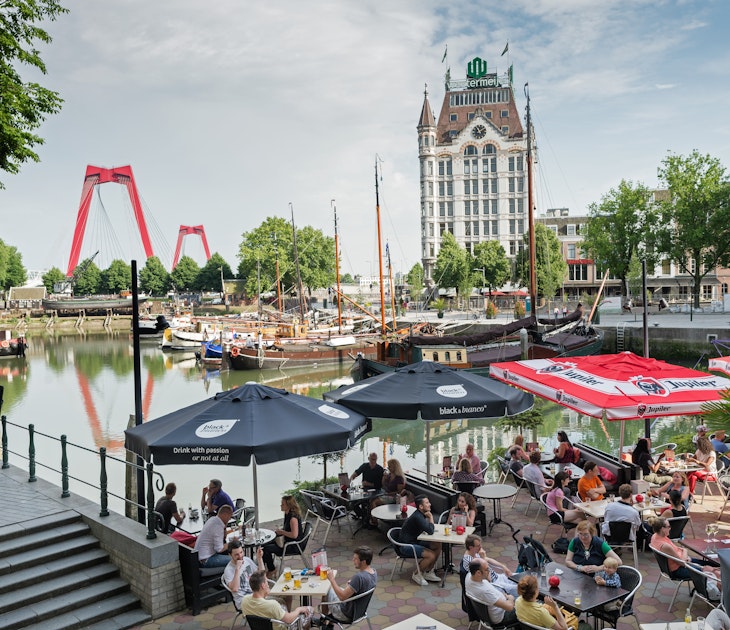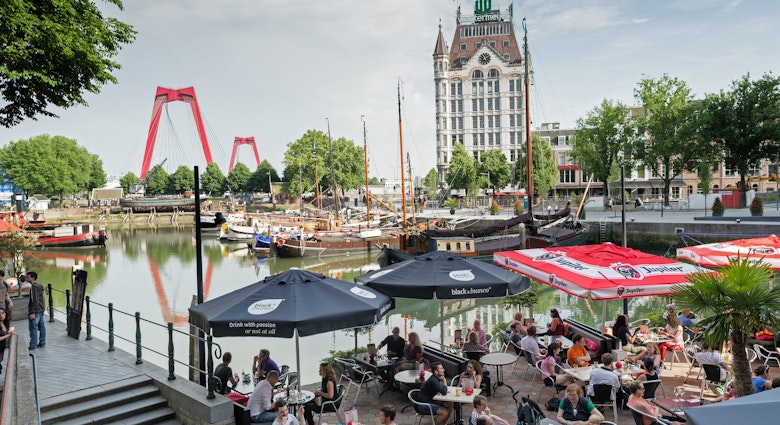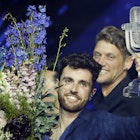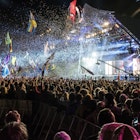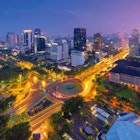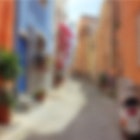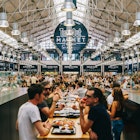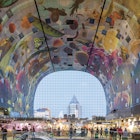Those unfamiliar with Dutch cities have much to think about on their first visit to one. As with most urban centers, there are roads to navigate and bike lanes— and if that wasn't enough, there are usually trams, too.
All the more reason to take to the water in Rotterdam, where you can outsource the navigation to river taxi drivers. They ply their trade on the Nieuwe Maas, which is the lifeblood of the city. Emptying out into the North Sea, the Nieuwe Maas delivers a steady stream of cargo to the Port of Rotterdam, which has grown to be Europe's largest.
As well as being an artery for trade, the Nieuwe Maas is the most scenic way to explore Rotterdam. Options abound for those touring by boat. The city's nippy black and yellow water taxis are loved by many commuters — and it's easy to see why. They're cozy inside, but their diminutive size means they can get into harbors that the larger Waterbuses can't reach. However, either is a good option for a self-guided trip.
For more structured tours, consider taking an open-top Spido cruise, whose guides point out the landmarks. Or, if you're looking for something more adventurous, hire a self-drive sloop from iKapitein, Geen Boot Wel Varen, or Rotterdamboot and play captain for the day along the city's inland waterways.
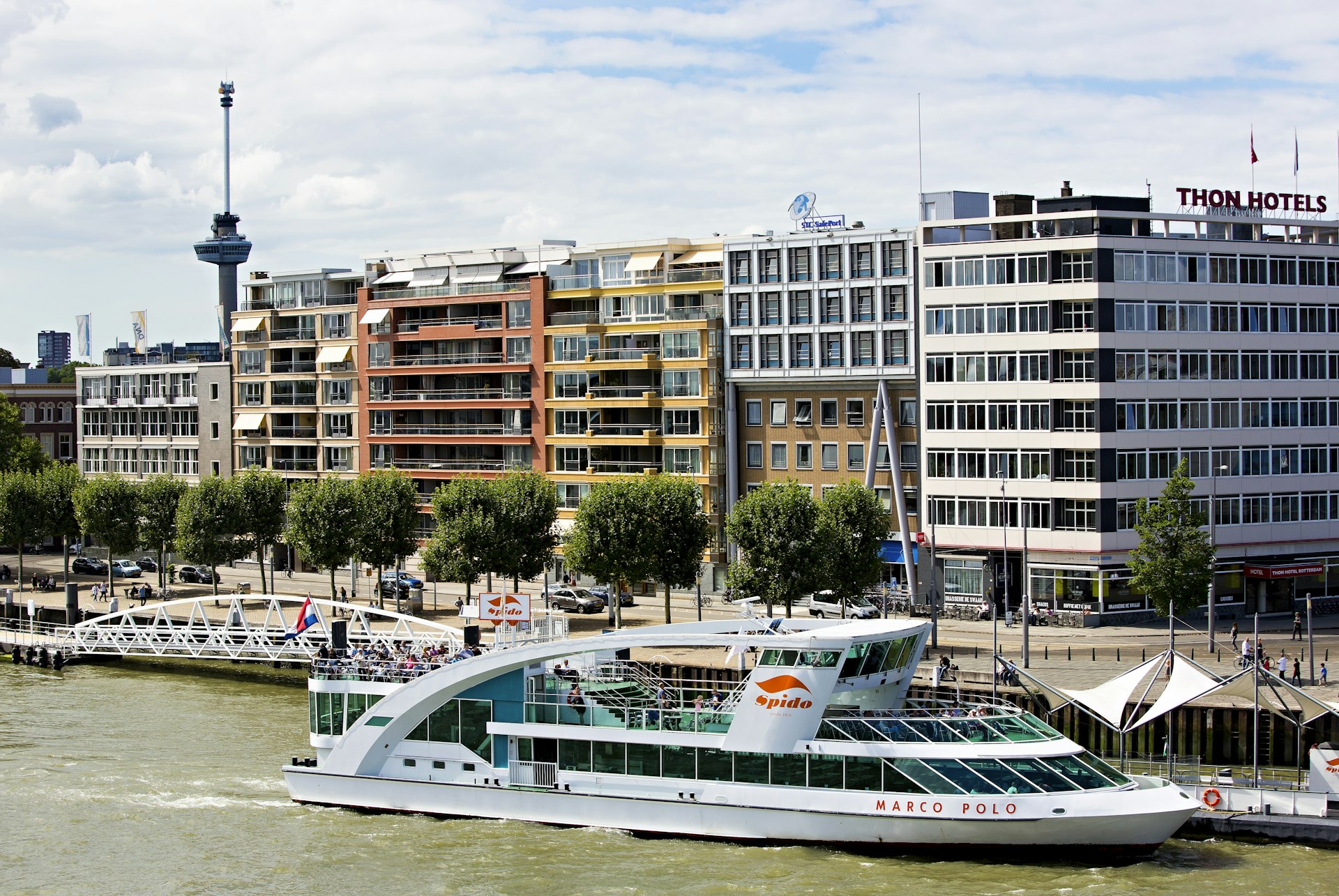
Offbeat attractions
If you've never seen cows grazing on the water before, then it's worth stopping by at Rotterdam's floating dairy farm. Like a modern-day Noah, farmer Minke van Wingerden has built an ark for her herd. The cows chow down on the city's organic waste — including grass cuttings from parks and potato peelings from its frites industry — and their milk is dispensed from a machine at the harbor's edge.
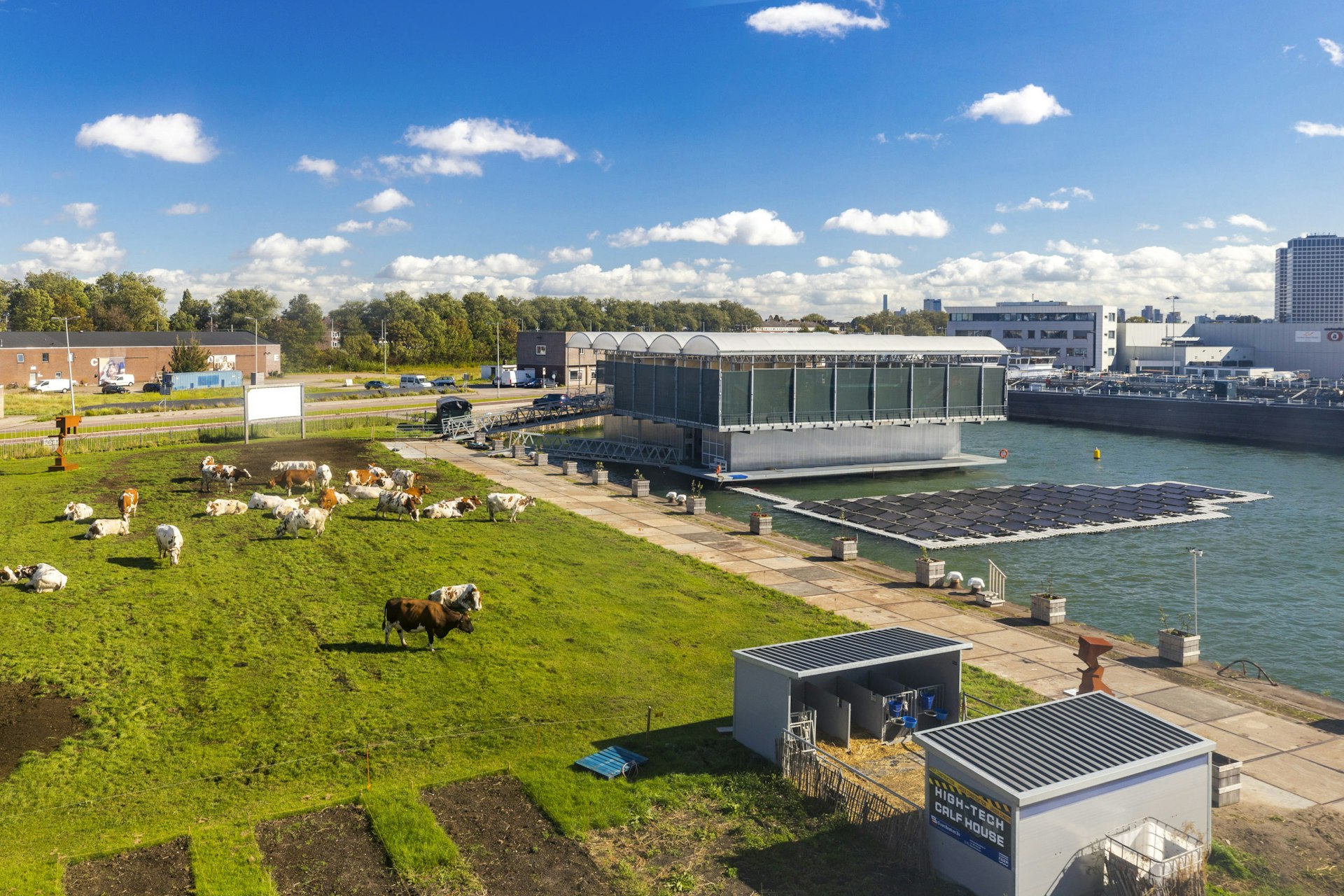
Envisaged for a near-future altered by climate change, the solar-powered, rainwater-harvesting farm is one of Rotterdam's curious, tomorrow-world attractions. Another is the floating office complex and swimming pool at Rijnhaven.
For something more conventionally touristy, disembark at Delfshaven. This inner-city suburb is what Rotterdam looked like before 14 May 1940, when the Nazis razed most of the city during a broad daylight blitz. Delfshaven somehow escaped the carnage; its wonky townhouses and pretty waterways serve as a reminder of what was lost.
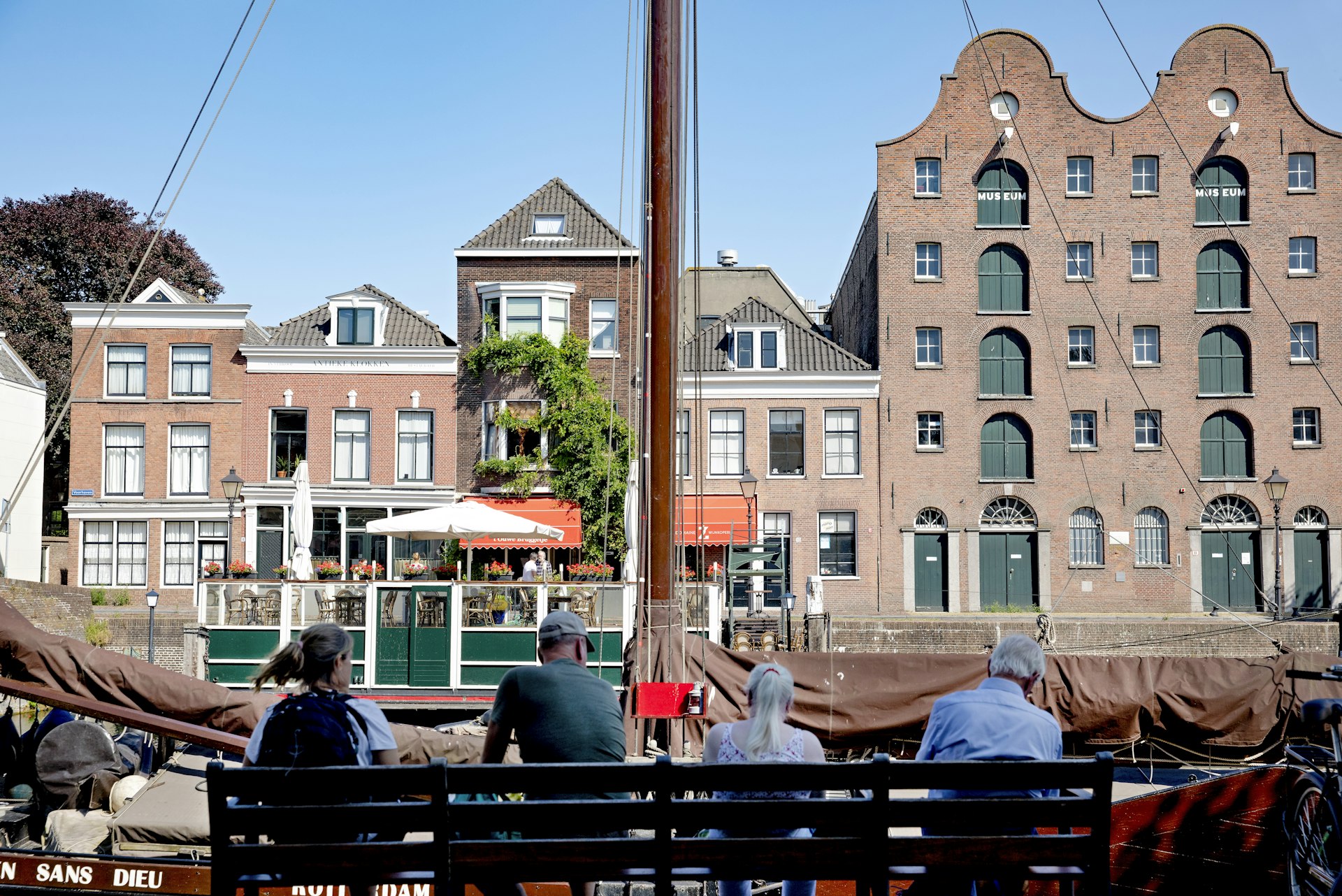
Veerhaven is another vestige of old Rotterdam. The pretty riverside neighborhood also survived the bombing, and it's a peaceful spot to watch ships ply the Nieuwe Maas.
Of course, the crowning glory of any trip along the river is the Erasmus Bridge, which remains the celebrated centerpiece of the city's shapeshifting skyline. Pro tip: for the best view of the bridge and the city skyline, head to Veerhaven.
Riverside dining
Some of Rotterdam's most lauded eateries are located on the river's edge — another advantage of getting around by boat.
In a sign of shifting sensibilities, the old red-light district of Katendrecht (once Europe's largest) has emerged as one of the city's culinary hotspots. Where randy sailors once leaped off the boats, gastronomes now disembark for far more innocent pleasures. Deliplein, a small plaza, is home to a variety of bars and restaurants. A short walk away is the Fenix Food Factory, a warehouse turned food market, where visitors can shop for local produce or linger in one of the waterside restaurants.
Further along the river is Stadshaven Brouwerij, another warehouse that's been given a makeover, this time as a craft beer brewery. Tours are available, but most visitors are content simply propping up the bar.
There are plenty of other restaurants worth disembarking for. Aloha is one of them. This low-waste food bar can be found at Blue City, an old recreation center that's been taken over by sustainable startups. For something more traditional, head to Loos, a classy riverside brasserie that's popular with locals. Or enjoy the beachy vibes at Maaskantine, a fun BBQ joint on the water.
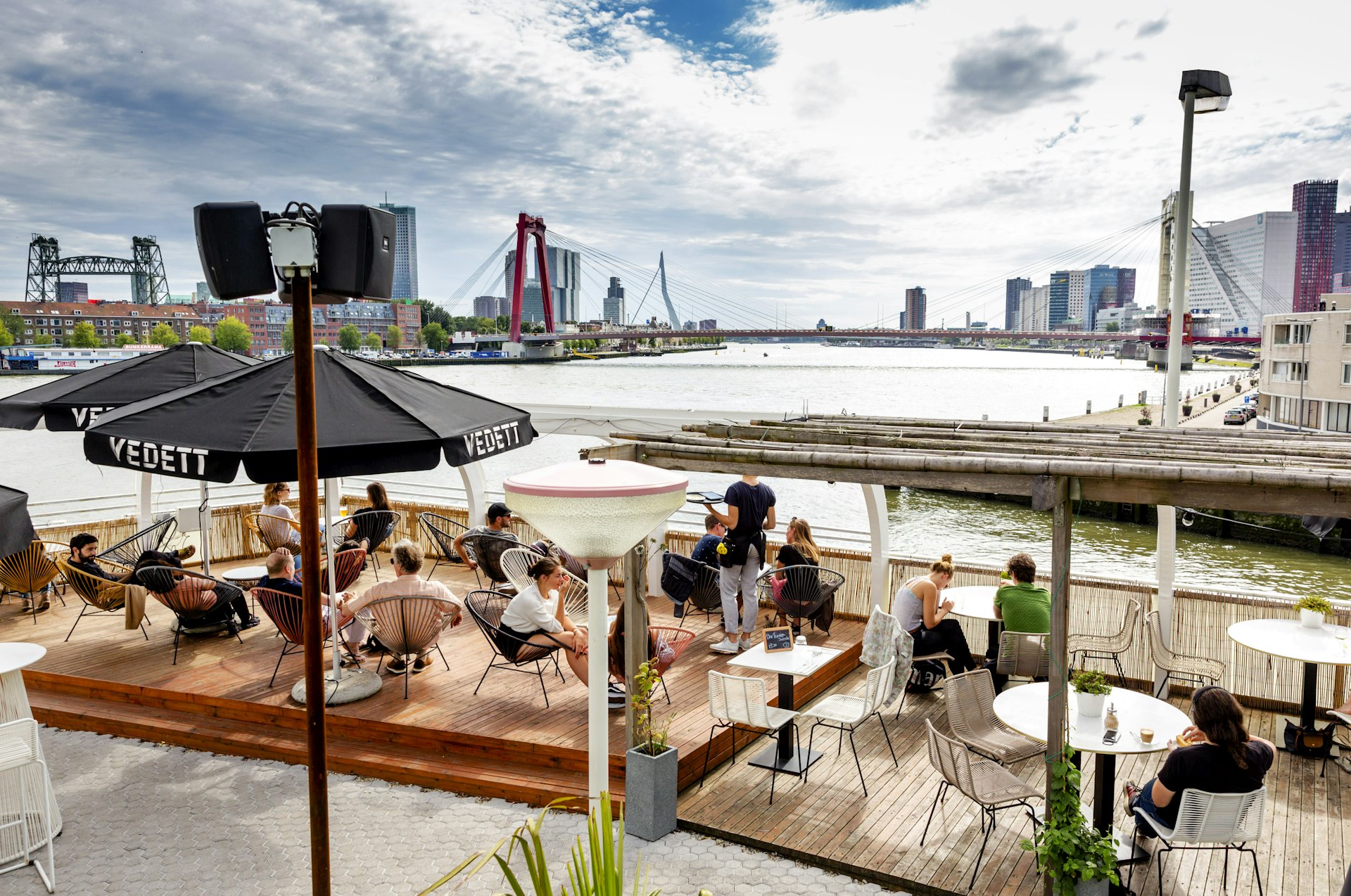
Riverside hotels
There's no need to get off the river to get your head down. Moored up less than a mile downstream from the Erasmus Bridge is the ss Rotterdam. Once the flagship of the Holland America Line, the 'grande dame' of the Atlantic is seeing out her retirement as a floating four-star hotel. Taking guests back to the golden epoch of cruising, the ship has a modern twist in the form of an escape room. The challenge? To get out of the darkened recesses of its hull.
Less grandiose but no less fun are Rotterdam's quirky houseboats — or Wikkelboats — which are anchored in marinas throughout the city. Unusually, these floating homes are partly constructed out of cardboard, yet remain resolute against the notorious Dutch rain.
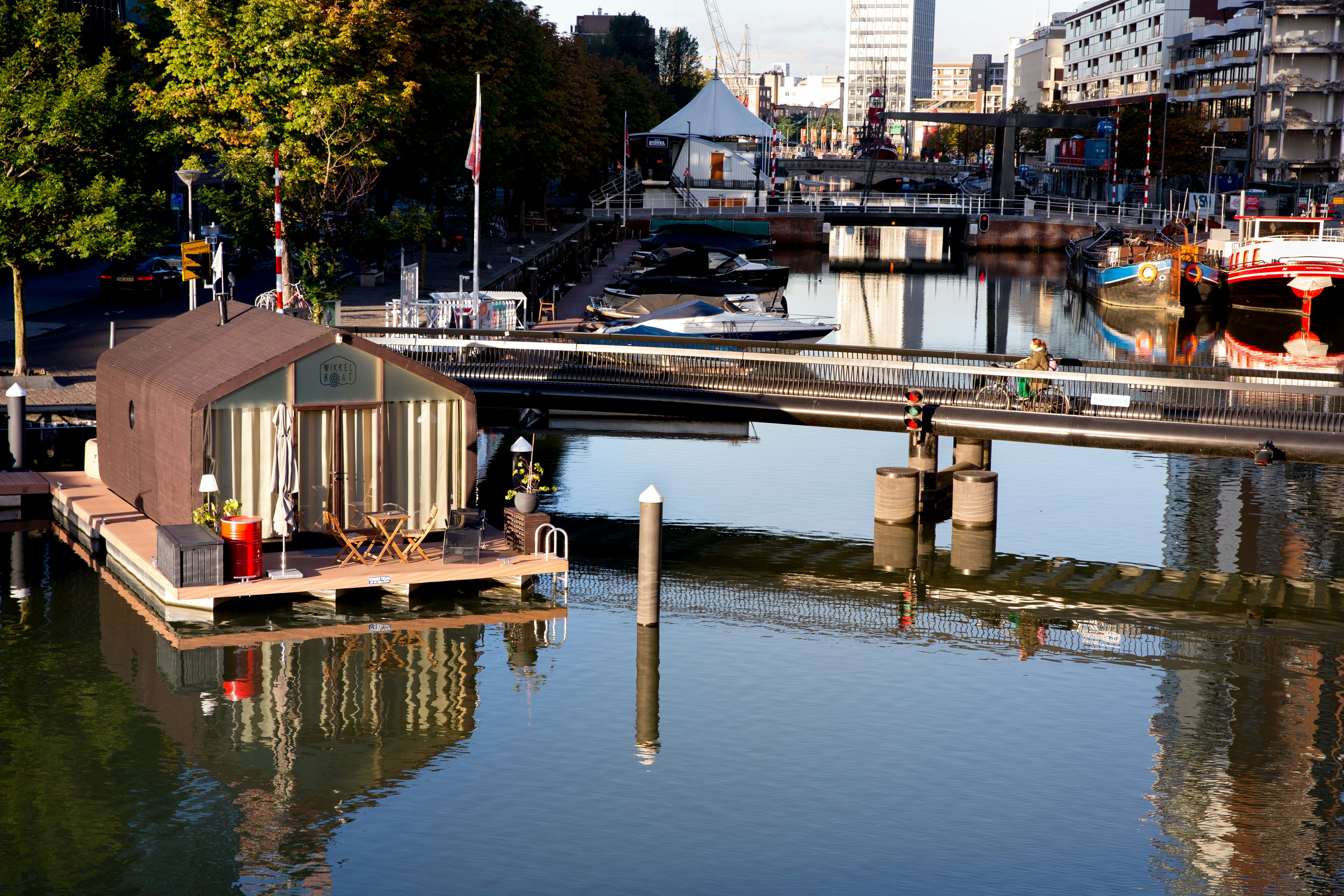
Also worth checking out is nhow Rotterdam. The gargantuan glass and steel skyscraper fits in right in along Rotterdam's skyline, which has a hard-earned reputation for audacious architecture. Few hotels offer better vistas of the city.
For something more traditional, there's Hotel New York, located in the former headquarters of the Holland America Line. This was the departure point for many emigrants to the US and is one of the few buildings that came out of the blitz in one piece. Today, it's one of Rotterdam's most cherished hotels.
Surprisingly, camping in Rotterdam is also an option. But there's a twist — there are no tents. Instead, guests at the Culture Campsite bed down in upcycled unwanted objects — from garbage containers to calf igloos — on a vacant parking lot in the city's center. It's very quirky… and very Dutch.
